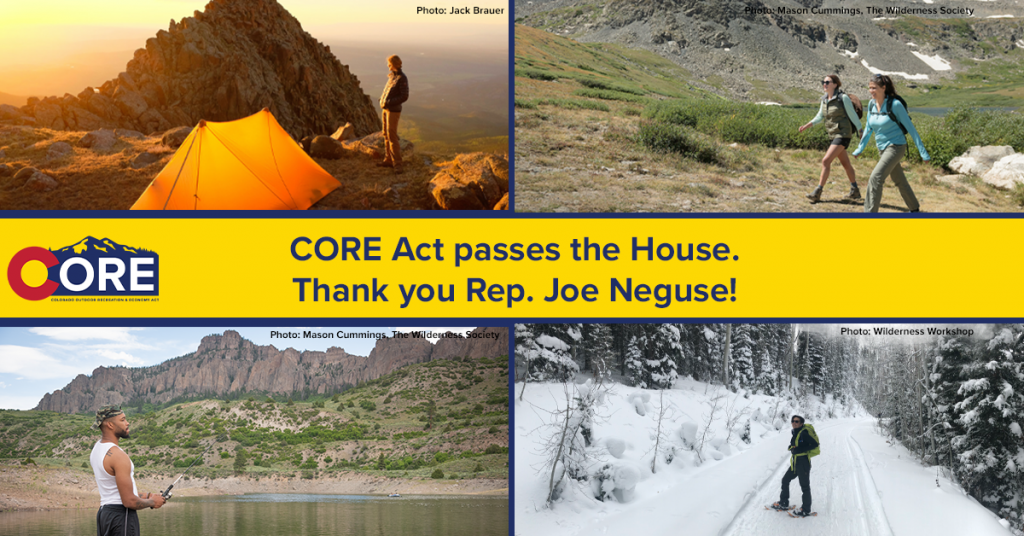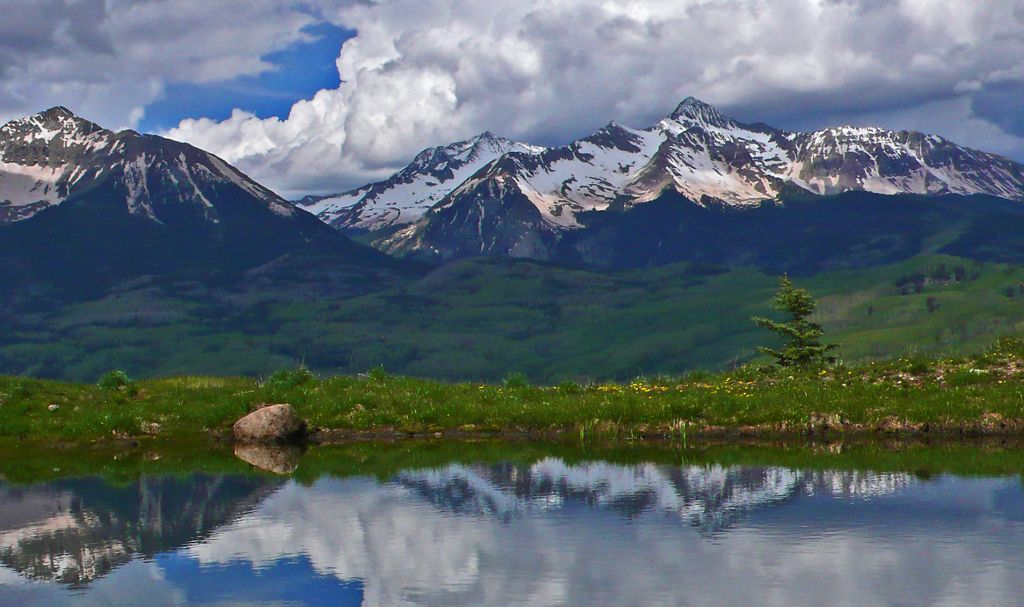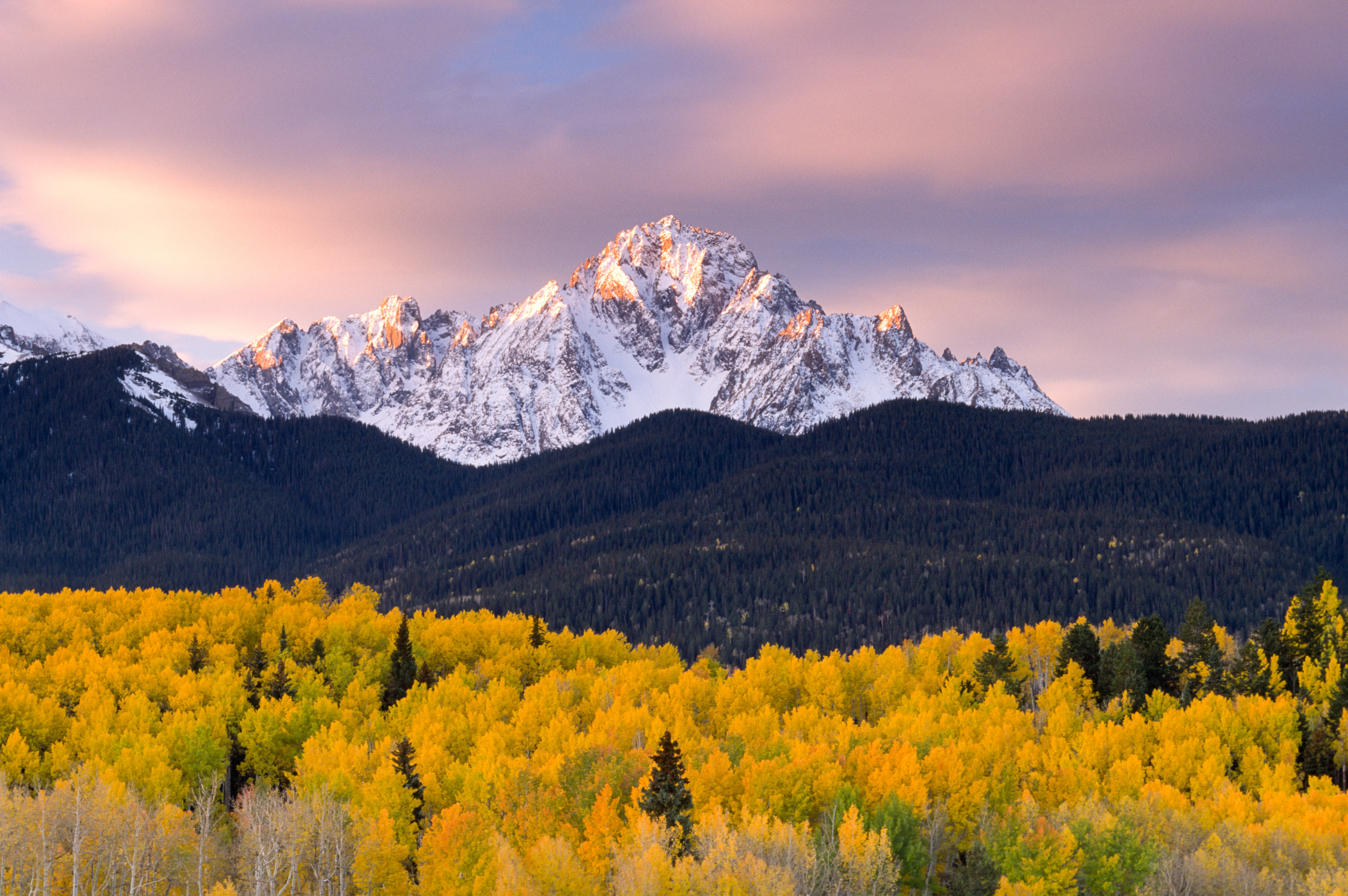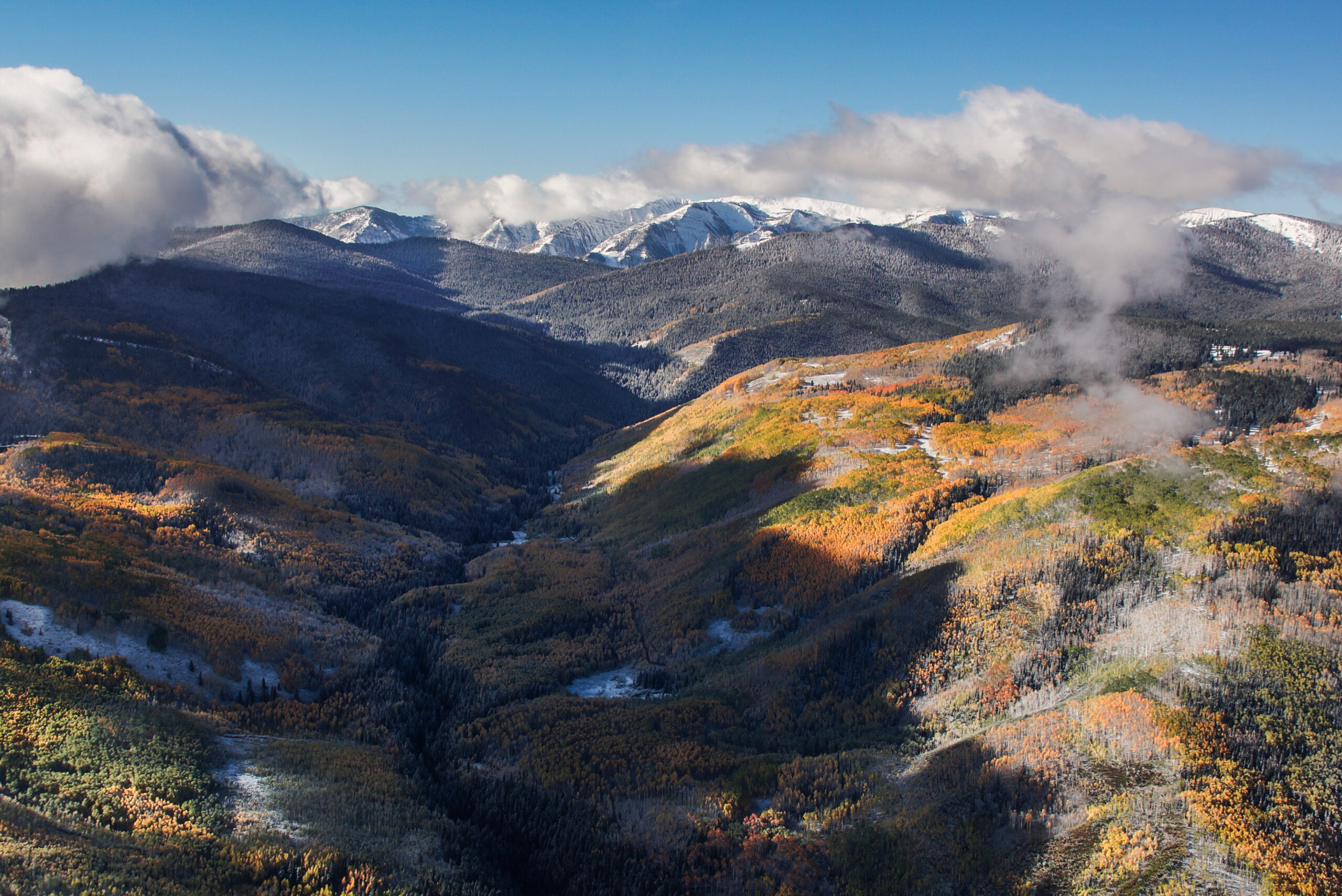Legislation now awaits hearing and passage in the U.S. Senate

Contact:
Jim Ramey, jim_ramey@tws.org, 720-647-9667
Media resources, including b-roll and high-resolution photographs, are available here.
DENVER, CO (February 26, 2021) – The Colorado Outdoor Recreation and Economy (CORE) Act passed the U.S. House of Representatives today as part of a public lands package, along with the Colorado Wilderness Act and protections for the Grand Canyon,. The CORE Act is one of the first bills to pass the House this year, highlighting the urgency and broad, national support for preserving America’s lands and waters. Preserving Colorado’s public lands will help achieve the national goal to protect 30 percent of our country’s lands and waters by 2030.
During the 116th Congress, the CORE Act passed in the House with bipartisan support twice, most recently as part of the National Defense Authorization Act (NDAA). The bill would preserve roughly 400,000 acres of public lands, including the Continental Divide and Camp Hale, Wilderness in the San Juan Mountains, the Thompson Divide, and officially define the boundaries of Curecanti National Recreation Area while restoring public access to the surrounding fishery. These areas include some of Colorado’s most iconic, historic, and ecologically significant public lands, and their preservation would bolster Colorado’s world-renown outdoor recreation opportunities, supporting local economies, preserving critical wildlife habitat, and honoring our country’s veterans.
“Our public lands, and the land included in the CORE Act, is where they once again regain purpose in life when they take their uniforms off,” said Mike Greenwood, a former U.S. Army Infantry Soldier with the 10th Mountain Division. “As a Colorado veteran, and more specifically a 10th Mountain Division veteran, I assure you Camp Hale is a beacon of hope, a symbol of trust, and a challenge to be better in life to our veterans. Its preservation and protection is long overdue. It deserves to be our first National Historical Landscape.”
Multiple polls have shown that Coloradans support the CORE Act. Both the New Bridge Strategies poll, commissioned by the CORE Act Coalition, and the 2020 Conservation in the West poll, found about two-thirds of those surveyed supported the legislation. Additionally, a Zogby poll from Dec. 2020 found 84% of Coloradans supported the CORE Act.
“For over a decade, I’ve worked with the local community to help protect the 200,000+ acres of the Thompson Divide and it’s always been with an impressive and full range of support. Whether it’s hunters, hikers, snowmobilers, mountain bikers, skiers and other recreationists, or ranchers with the deep roots of local families, our community is deeply unified for the preservation of the Thompson Divide. I’m excited to see the CORE Act pass the House of Representatives for a third time and look forward to the Senate passage of this once-in-a-generation bill,” said Thompson Divide rancher Judy Fox-Perry.
The legislation is the product of more than a decade of collaboration and compromise by small business owners, veterans, sportspeople, local elected officials and municipalities, outdoor recreationists, community members, and conservation organizations. In fact, polling has consistently shown strong support for passing the CORE Act.
“It is fantastic to see the CORE Act pass out of the House. Now, I look forward to the Senate following the leadership of Senators Michael Bennet and John Hickenlooper by passing this important bill. Among the many good things that the CORE Act will bring to Colorado, it will be so important to finally have authorizing legislation for Curecanti National Recreation Area for the first time since it was established in 1965,” added Bruce Noble, a retired National Park Service superintendent for Black Canyon of the Gunnison National Park and Curecanti National Recreation Area.
The outdoor recreation industry is an economic powerhouse in Colorado, contributing $62 billion annually and responsible for a half million jobs, according to Colorado Parks and Wildlife. This past year has shown the world how important public lands and waters are, as throughout the COVID-19 pandemic, more and more people have turned to nature for their physical, emotional, and mental health. However, with that increase of attention and visitation comes the awareness that we need more protected lands and waters, not less.
“The House passage of the CORE Act represents an opportunity to use our local public lands to help us solve the climate crisis,” said Chris Caskey, Founder of Delta Brick and Climate Co. “As a small western slope business, we recognize the importance of protecting our public lands for future generations. Furthermore, the CORE Act clarifies how we can mitigate waste methane, reducing greenhouse gas emissions and creating jobs. With the support of a broad range of diverse stakeholders, the Senate passage of the CORE Act is long overdue, and is an investment in Colorado’s future.
The bill would preserve healthy wildlife habitat by protecting key areas from road building, new mines and oil and gas drilling, and other activities that would degrade wildlife habitat and watershed values. It would also safeguard backcountry hunting opportunities and important big game habitat on our public lands across the state, in addition to protecting habitat for black bear, bighorn sheep, mountain goat, moose, deer, elk, lynx, sage grouse, and wild turkey. And it would preserve the land bridge and critical wildlife migration corridor over Interstate 70 at the Eisenhower Tunnel.
Summit County, Colorado Commissioner Tamara Pogue said, “Public lands are the backbone of our mountain communities. The CORE Act will protect our public lands and outdoor recreation opportunities to boost the economy as we recover from the impact of the COVID-19 pandemic. Colorado local elected officials thank Senators Bennet and Hickenlooper for reintroducing this bill in the Senate, and Congressman Joe Neguse for reintroducing this bill in the House. We are celebrating the passage of the CORE Act this week through the US House of Representatives, and we thank Colorado Representatives Ed Perlmutter, Diana DeGette, and Jason Crow for cosponsoring and voting for this important piece of legislation. Now, it’s time for the Senate to pass this important bill for Colorado this year. We look forward to continuing to support Senators Bennet and Hickenlooper’s leadership and passing this bill through the Senate.”
Given the broad support, decades-long collaboration, and the existential threat of climate change, the CORE Act coalition is urging the Senate to swiftly move and pass this legislation.
Legislative Background on the CORE Act:
- San Juan Mountains – The San Juan Mountains Wilderness Act has enjoyed remarkably consistent and broad support, including all three counties where the lands are located, five major local municipalities, over 120 local businesses, and a wide array of affected stakeholders. These stakeholders include ranchers, sportsmen, private landowners, recreation groups, the area’s only operating mining company, and the region’s biggest ski resort. The bill was most recently introduced by Sen. Michael Bennet in April 2018 (S. 2721) and has been passed by both the House Natural Resources Committee (Fall 2010) and Senate Energy and Natural Resources Committee (Fall 2013). Most recently, a Senate hearing was held on the bill in August of 2018.
- Continental Divide – The Continental Divide Recreation, Wilderness and Camp Hale Legacy Act was previously introduced by Sen. Bennet and former Rep. Jared Polis in January 2018. The bill has enjoyed support from the relevant boards of county commissioners, local governments, ski areas and local businesses, and recreation organizations including hikers, mountain bikers and climbers. The bill was also supported by the Tenth Mountain Division Foundation for its designation of Camp Hale as the nation’s first national historic landscape.
- Thompson Divide – The Thompson Divide Withdrawal and Protection Act has enjoyed consistent and broad support from local governments and diverse stakeholders for years. All three counties where the lands are located, eight local municipalities, and a wide array of local businesses and organizations support a mineral withdrawal of the Divide and have supported previous versions of this bill. Individual supporters come from all walks of life and all political persuasions, and include ranchers, sportsmen, private landowners, recreation groups, small business owners, skiing companies, and many more. A version of the Thompson Divide Withdrawal and Protection Act was most recently introduced by Sen. Bennet in March of 2017 (S. 481).
- Curecanti National Recreation Area – The Curecanti National Recreation Area has never been formally established by Congress, but offers an abundance of outdoor recreation opportunities in southwest Colorado including boating, hiking, and fishing. In addition to formally establishing the NRA boundary, the CORE Act also requires the U.S. Bureau of Reclamation to fulfill its obligation to mitigate habitat lost to inundation when Curecanti was created in 1965 by establishing new public fishing easements in the upper Gunnison River basin.



